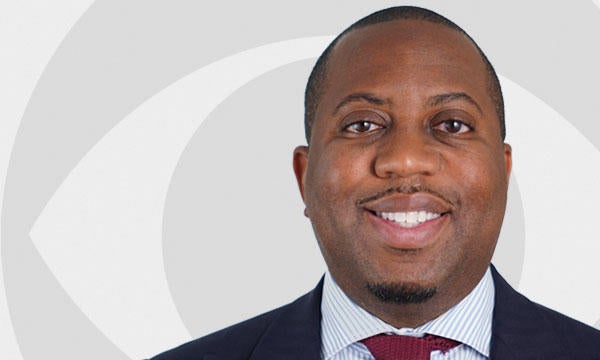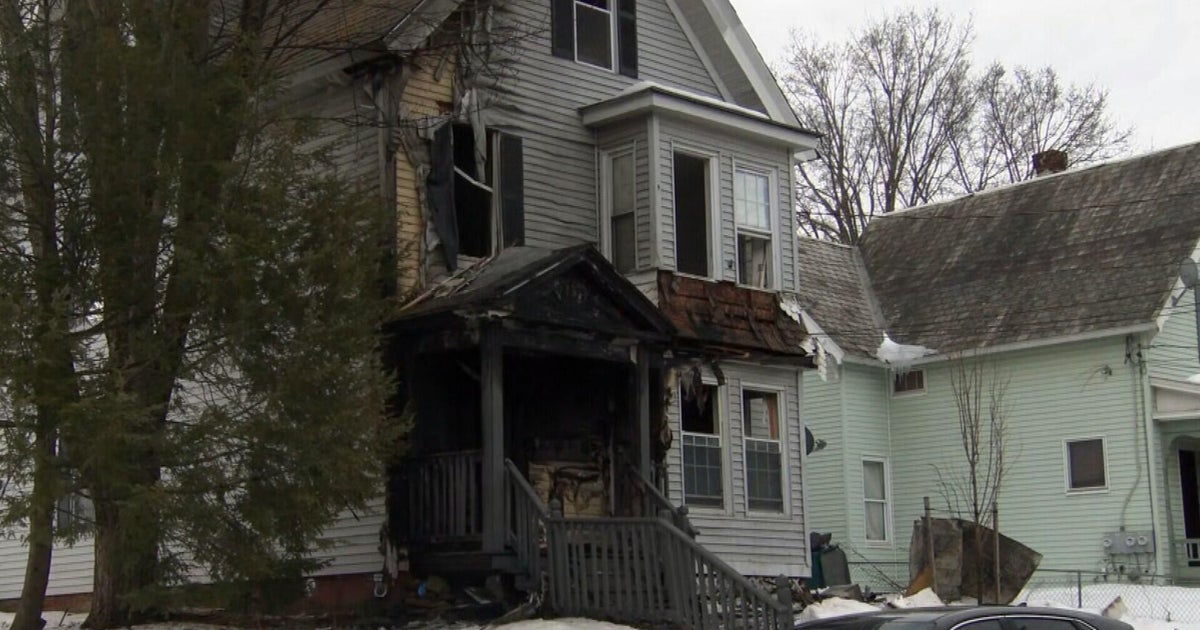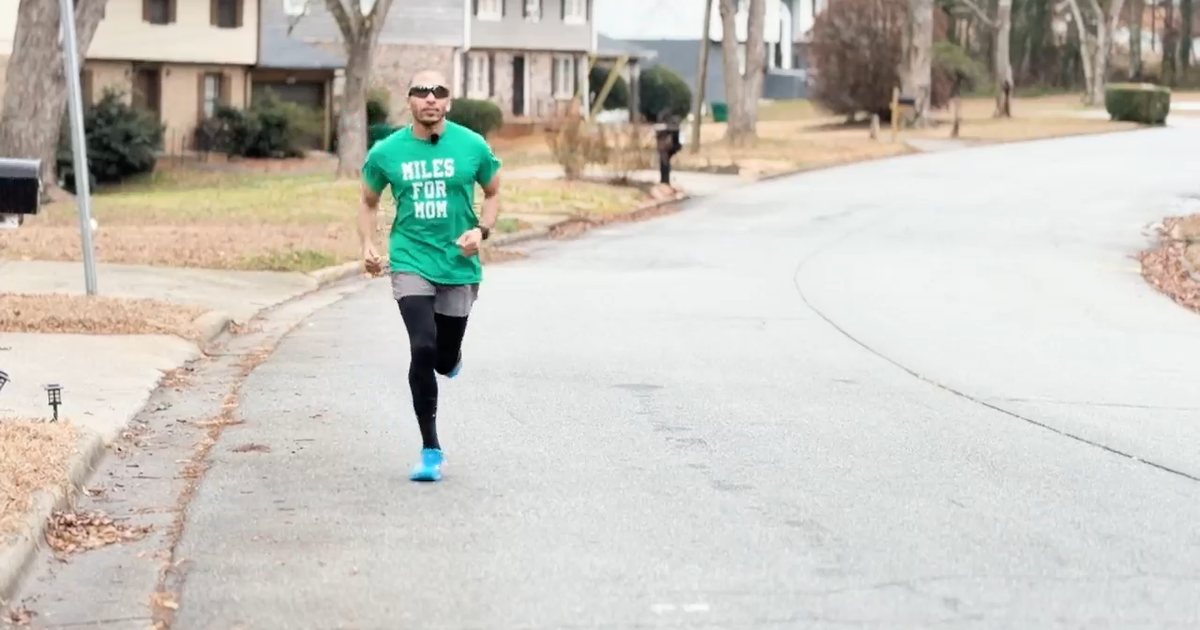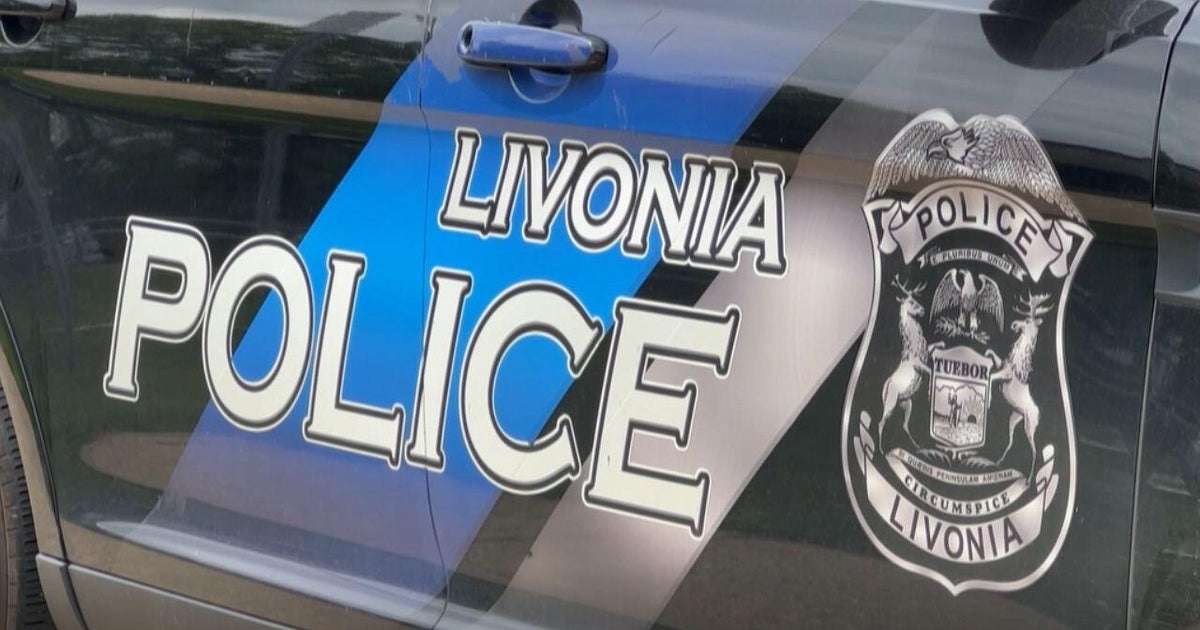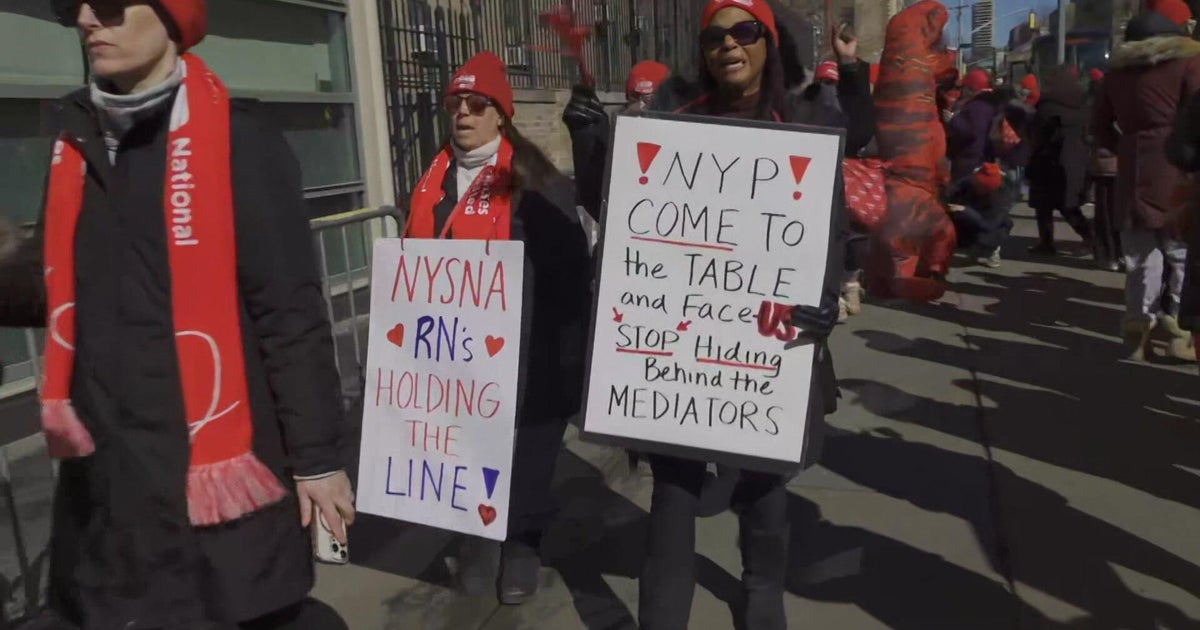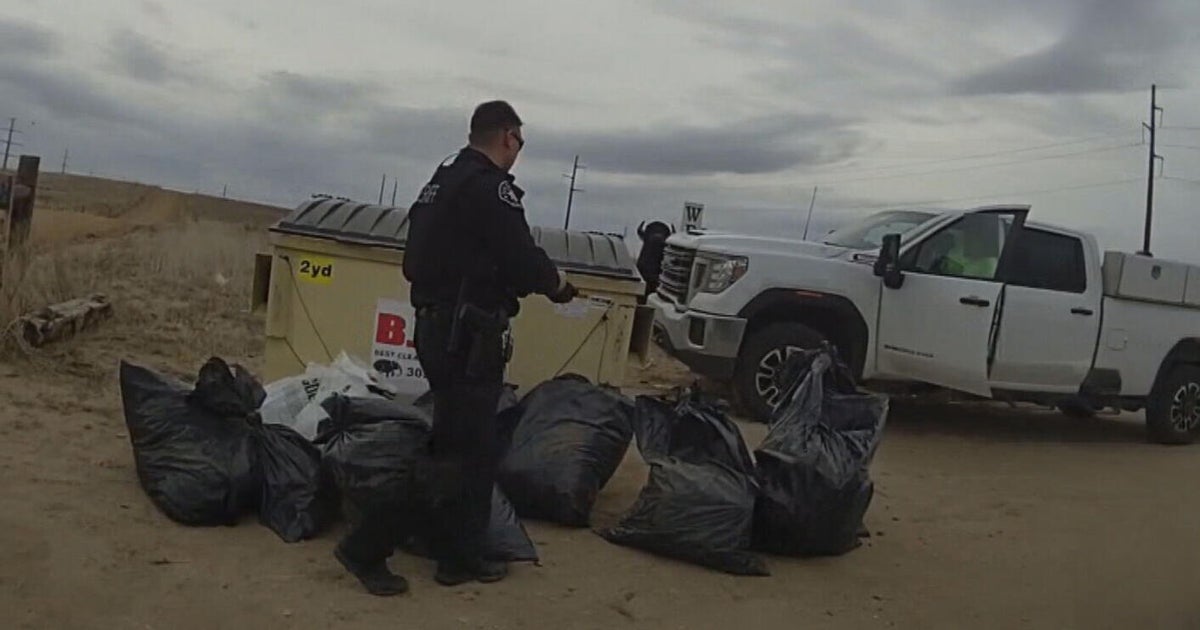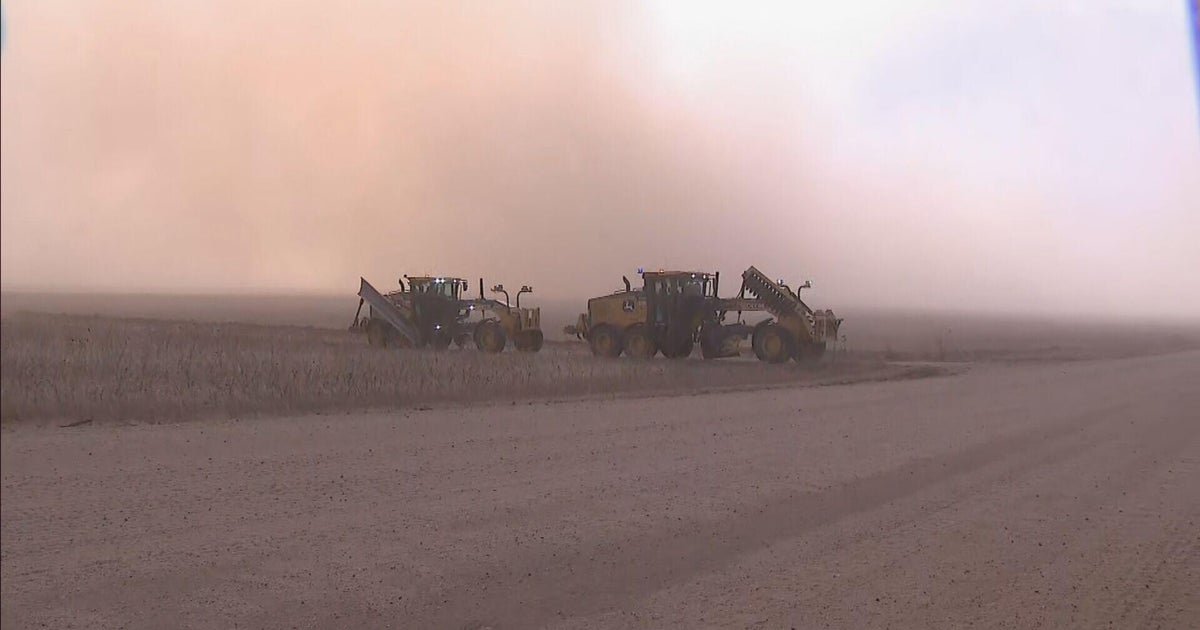Marathon's paramedics hope to set new standards, inspire other rural departments
MARATHON - Marathon Fire and Rescue thinks it found solutions to building pressure on rural, emergency medical response.
Almost half the emergency medical workers surveyed by the National EMS Management Association last year said they considered leaving or retiring early due to staffing challenges. With the state of Florida's population rising faster than any other state and tourists regularly flocking to the Keys, securing adequate manpower is a priority.
In Marathon, a city that spans 13 islands between Vaca Key and Seven-Mile Bridge with a population seven times more sparse than Miami, the fire and rescue department ran short-staffed for more than two years. That changed in 2023.
The department welcomed CBS News Miami to ride along with paramedics and firefighters. That day, the first call involved a man down inside a grocery store.
"He's on aisle four," Paramedic Christopher Sanchez said to members of the team.
It was not clear why the man collapsed or if his emergency requires paramedics to keep him alive long enough to reach doctors on the mainland.
While there are several hospitals in the Keys, the closest facility able to handle major trauma, heart or brain surgeries is in southwest Miami-Dade. That is a full two-hour drive away.
Monroe County operates Trauma Star, a medical helicopter able to carry patients to the best hospital. However, weather sometimes prevents air transport, which increases the role of critical care ground ambulances.
Captain Joe Forcine stocks Marathon Fire Rescue's critical care ambulance with tools and drugs to help patients survive hours-long transports.
The unit carries drugs typically found in Army medical units, like Tranexamic Acid (TXA). Paramedics use TXA to stop bleeding from severe trauma. It helped a fisherman attacked by a shark live long enough to get to Miami's Jackson Memorial Hospital for life-saving treatment last year. Marathon's critical care ambulance also carries portable MRI and a $30,000 digital, touch screen ventilator.
"This is what they use in hospitals," Forcine said about the device.
Between calls, the captain teaches his crew and sometimes paramedics from nearby rural departments. Lessons range from EKG best practices to techniques he travels the country to learn.
"Using ultrasound to diagnose strokes (is) not a common thing," Forcine said.
His motivation grew with Hurricane Irma's tide in 2017. The storm ripped off the roof of Marathon's hospital. For more than a week, fire rescue paramedics stood in and used everything their station had to give all the care their training allowed.
"It's the only place they can go," Forcine said. "When you see all the shutters were up in the local hospital, everything's closed and all the doctors' offices are gone where else will you go? The fire department, they have ambulances, maybe (go) there. So we had over 375 people in that short period of time."
With just one boat able to reach residents scattered on islands, the city's fire rescue department hopes to win grants to add dive and off-shore rescue teams, Forcine said. Still, the department's biggest challenge looms.
"I think probably the greatest challenge is recruiting people and maintaining them with the growth of the Florida Keys and the value of property," Forcine said.
Every member of his team, except one, met by CBS News Miami lives in Miami-Dade. Blame housing costs. Average rent for a two-bedroom is more than $4,800, according to Realtor.com. For buyers, the median listing is more than $1.3 million, according to the website.
"Everybody needs a raise and everybody needs promotional opportunities and all of those things to live but when you're happy at your place of work you can sometimes make due until things catch up," Forcine said.
Members of his team agreed.
"It's the brotherhood," Alex Bobadilla, a critical care paramedic, said. "I love the guys that I work with. I love everything that we do down here. The community (is) a great place to work."
"The way that our program has blossomed is because of the interest in helping the community," Sanchez said.
The paramedics hope to set new standards too. Forcine thinks the way his team manages, prepares and delivers critical care could help them grow and inspire growth in small departments across South Florida.
